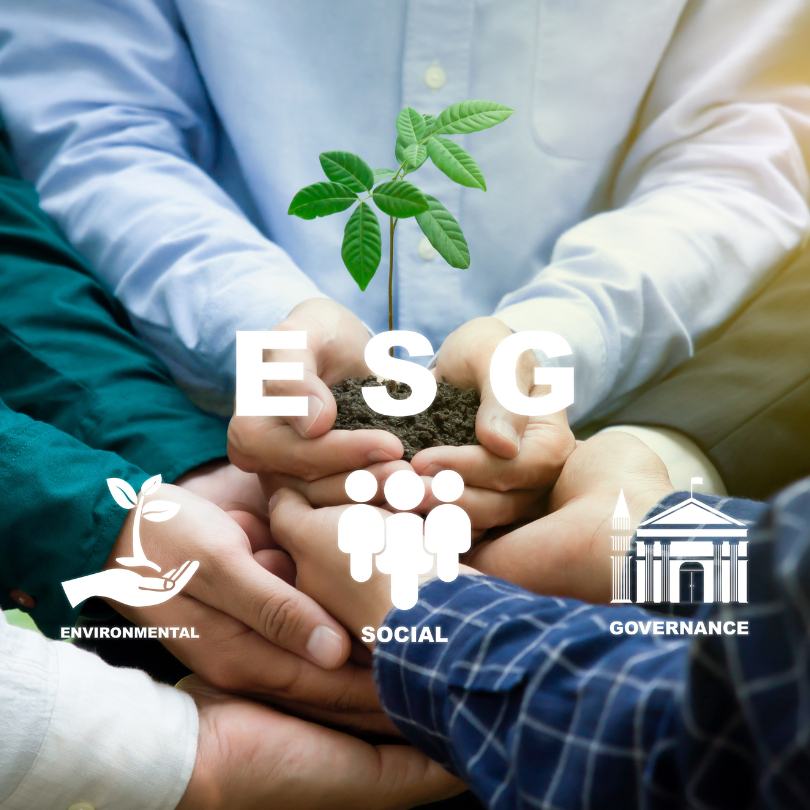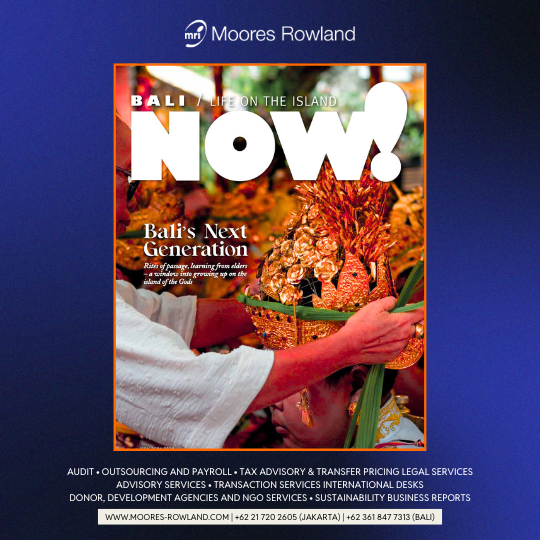New Corporate ESG Reporting Requirements Progress and Challenges
July 2025
Currently adopted in over 140 countries, including members of the European Union, Australia, Canada, and many parts of Asia and Africa, International Financial Reporting Standards (IFRS) play a vital role in commerce worldwide. Indonesian companies are therefore steadily aligning their national accounting and sustainability reports with new IFRS requirements to enhance their quality, transparency, and comparability. The latest alignment being in regard to IFRS (S1) and (S2) on environmental, social, and governance (ESG) reporting.
Issued by the International Sustainability Standards Board, IFRS (S1) and IFRS (S2) aim to ensure that companies provide investors and other creditors complete information about their sustainability-related risks and opportunities. IFRS (S1) sets general requirements for disclosing sustainability-related financial information, while IFRS (S2) focuses on climate-related disclosures. Both IFRS S1 and S2 enable companies to clearly communicate to investors, assurors and the general public how sustainability and environmental factors may affect their financial performance and long-term outlook.

Covering a wide range of sustainability reporting areas, IFRS (S1) includes a set of core requirements for companies to disclose sustainability-related risks and opportunities, and how sustainability issues affect their financial position, performance, and prospects. IFRS (S1) also promotes the use of consistent, comparable, and verifiable sustainability-related financial disclosures across all industries and sectors.
IFRS (S2), implemented in conjunction with IFRS (S1), focuses specifically on climate-related risks and opportunities and is designed to help investors understand the impact of climate change on a business’s value. It requires disclosures related to climate strategy, transition plans, emissions (Scopes 1, 2, and 3), and scenario analysis.
While IFRS (S1) and (S2) may not be mandatory in Indonesia till 2027, the government is currently taking a "convergence" approach to allow for Indonesian companies and regulators to adapt to the new standards in consideration of local business practices and regulatory frameworks. This approach offers flexibility and encourages professional judgment, but also demands a high level of expertise and ethical responsibility from preparers and sustainability assurors such as Moores Rowland Indonesia.
With Moores Rowland Indonesia’s strategies, innovations and efficiencies, companies in Indonesia that adopt IFRS (S1) and (S2) early have a competitive advantage and benefit from streamlined reporting processes and reduced costs when consolidating sustainability information. This can lead to increased investment opportunities, capital flows, facilitate access to global capital markets, improve transparency, and promote better governance, which in turn will enhance comparability and foreign and Indonesian investor confidence.
Acceptance of the IFRS (S1) and (S2) and commitment to improving sustainability reporting standards is a significant step toward greater transparency and integration into the global financial system. Through Moores Rowland Indonesia, companies are transforming IFRS (S1) and (S2) compliance into competitive advantages as the firm empowers businesses to meet national and global standards with tailored IFRS, ESG and sustainability strategies beyond merely ticking conformity boxes.
While the IFRS (S1) and (S2) adoption process is still progressing and companies here are facing challenges in doing so, sustainability reporting, particularly for Indonesia’s publicly listed companies, is already shaping the direction of future regulations. It’s best to contact Moores Rowland Indonesia for expert advice on all matters concerning IFRS, tax auditing, and sustainability report assurance.
Contact Moores Rowland Indonesia today for a free consultation on how our services can support your business through regulatory change.


